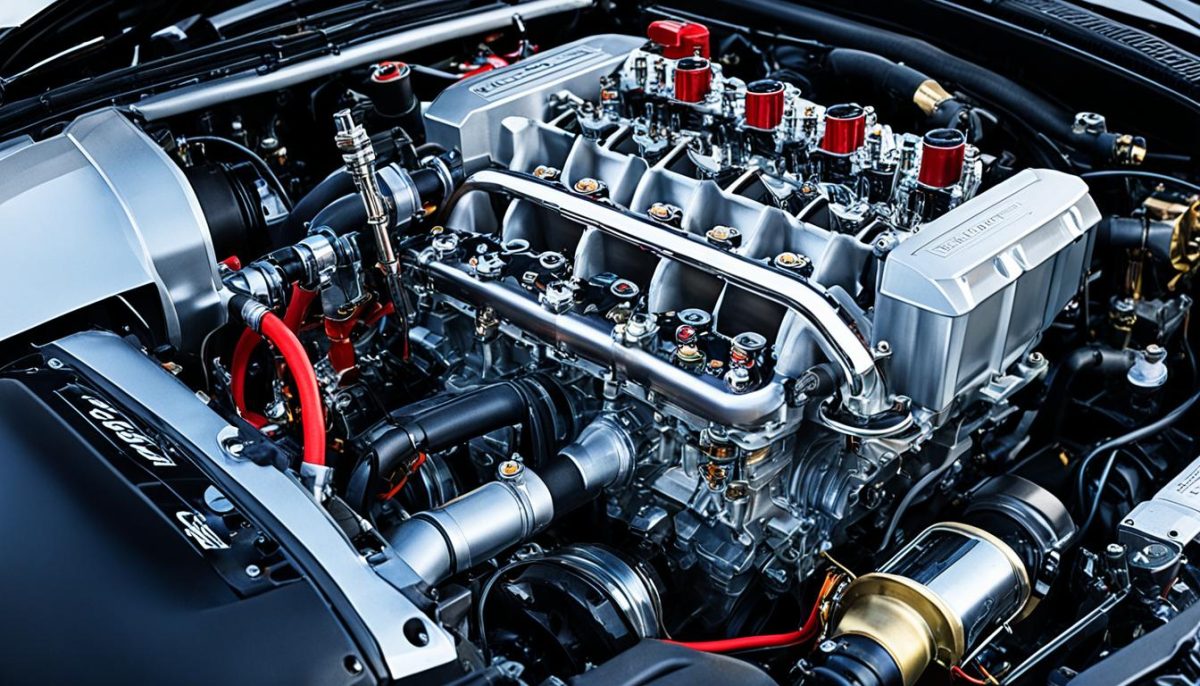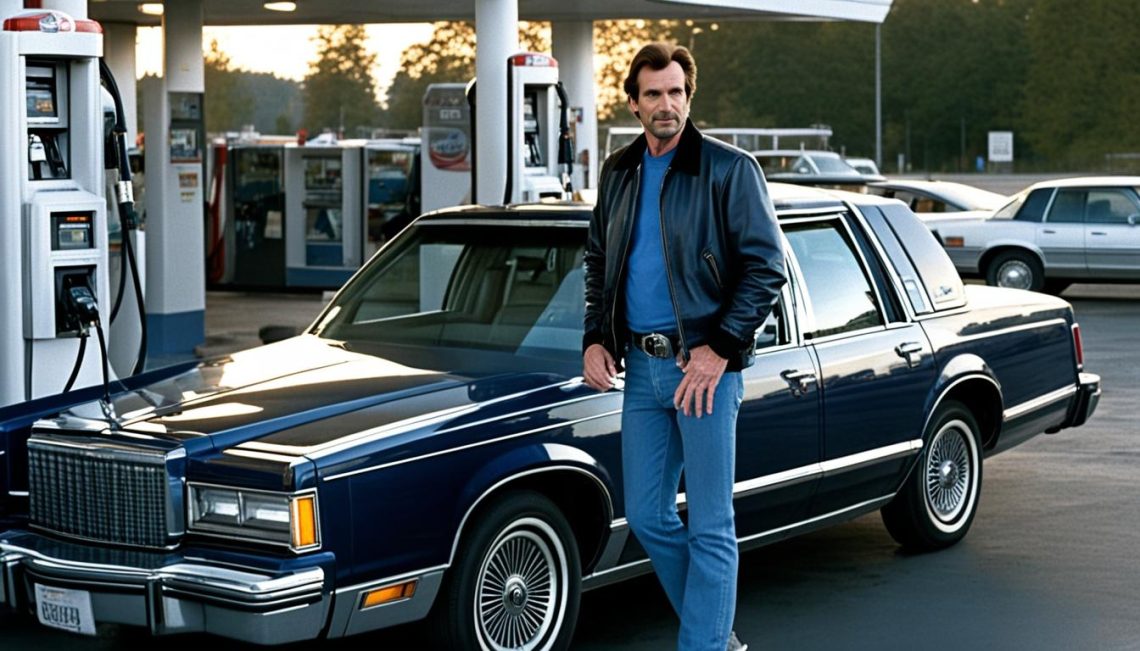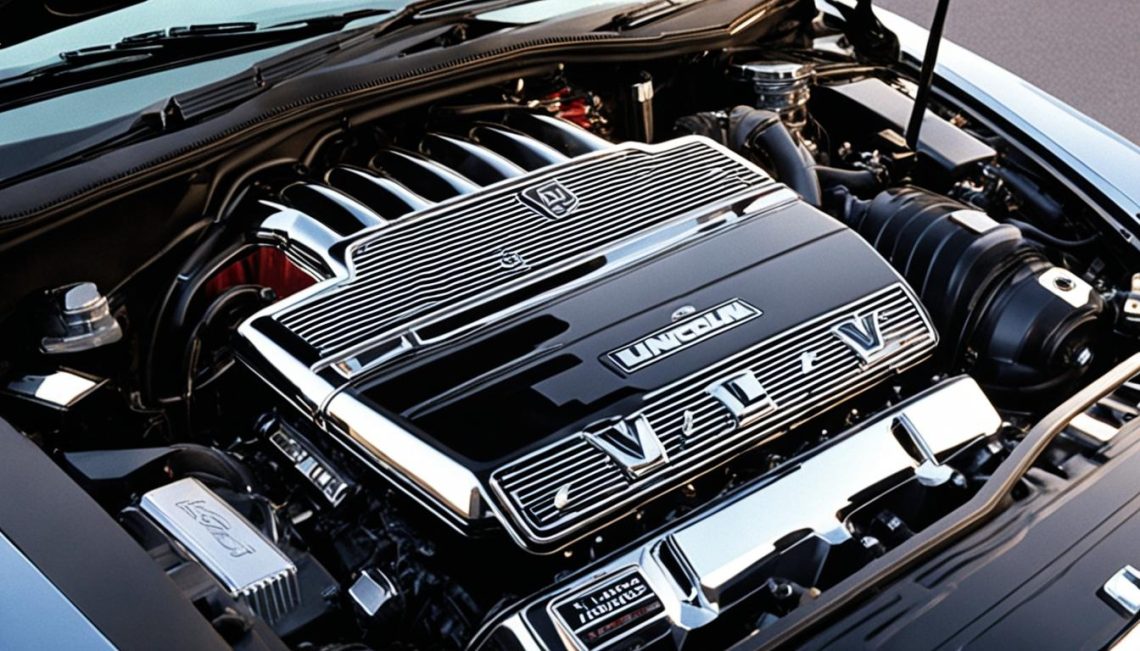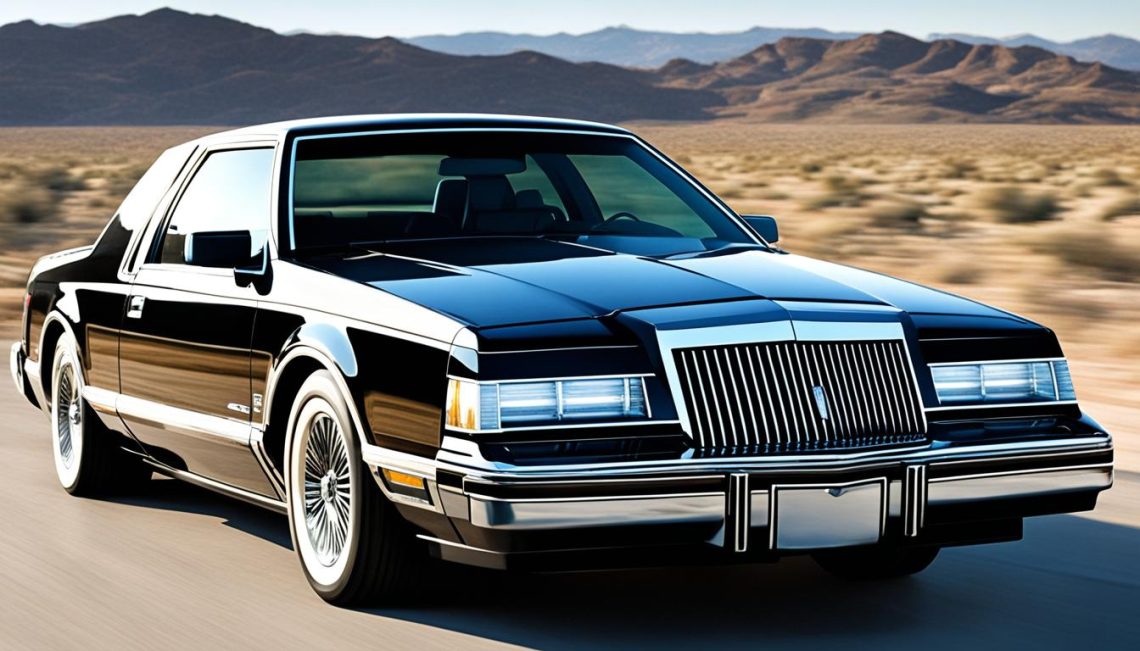Are you experiencing a unique issue with your Lincoln vehicle, where it only starts when you pump the gas pedal? You’re not alone. Many Lincoln owners have come across this perplexing problem, and we’re here to shed light on the possible causes and solutions.
Before we dive into the details, it’s essential to understand that the fuel system plays a crucial role in the Lincoln’s starting process. From the fuel pump to the fuel filter and fuel injectors, each component must work seamlessly to ensure a smooth start.
Now, let’s uncover the potential causes behind this pumping gas pedal scenario. The ignition system, throttle body, mass airflow sensor, and engine control module are some areas that could be contributing to this unusual behavior in your Lincoln.
But fret not! We have provided troubleshooting tips and effective solutions to help you resolve this issue. From preventive maintenance suggestions to diagnostic steps and remedies, we’ve got you covered.
Stay tuned for our upcoming articles, where we’ll explore each aspect in more detail and provide valuable insights into troubleshooting and solving the Lincoln’s starting problem.
Understanding the Fuel System
The fuel system plays a crucial role in the overall operation of a vehicle. It is responsible for delivering fuel to the engine, ensuring optimal performance and efficiency. In the case of a Lincoln vehicle experiencing the unusual behavior of starting only when the gas pedal is pumped, it is essential to examine the various components of the fuel system to identify potential causes.
The Fuel Pump
The fuel pump is a vital component of the fuel system, as it is responsible for drawing fuel from the tank and delivering it to the engine. Over time, the fuel pump can wear out, leading to insufficient fuel pressure. This can result in issues with starting the vehicle or inconsistent fuel delivery.
The Fuel Filter
The fuel filter is designed to remove impurities and contaminants from the fuel before it reaches the engine. A clogged or dirty fuel filter can restrict fuel flow, leading to reduced performance and starting difficulties. Regular maintenance, such as replacing the fuel filter at recommended intervals, is crucial to ensure optimal fuel system functionality.
The Fuel Injectors
Fuel injectors are responsible for spraying fuel into the combustion chambers of the engine. Over time, they can become clogged or develop issues with their internal components, leading to improper fuel atomization and distribution. This can result in poor engine performance and starting problems.
Understanding the role of these fuel system components helps shed light on how they might contribute to a Lincoln vehicle’s unconventional starting behavior when the gas pedal is pumped. By examining each component and its potential impact, we can pinpoint the root cause and take appropriate steps to resolve the issue.
“The fuel system is like the heart of a vehicle, pumping fuel to keep the engine running smoothly.”
To further illustrate the components of the fuel system and their relationships, let’s take a look at a table summarizing their key features:
| Component | Description |
|---|---|
| Fuel Pump | Responsible for drawing fuel from the tank and delivering it to the engine. |
| Fuel Filter | Filters out impurities and contaminants from the fuel before it reaches the engine. |
| Fuel Injectors | Sprays fuel into the engine’s combustion chambers for optimal performance. |
Potential Causes of Pumping Gas Pedal Only
When a Lincoln vehicle requires the gas pedal to be pumped for it to start, several potential causes within key components of the car’s ignition system should be explored. These components include the ignition system itself, the throttle body, mass airflow sensor, and the engine control module.
The ignition system plays a vital role in initiating the combustion process within the engine. If there is a malfunction in the ignition system, it can lead to starting issues where the gas pedal needs to be pumped. Faulty spark plugs, ignition coils, or ignition modules are common culprits in such cases.
The throttle body regulates the airflow entering the engine. If it becomes dirty or faulty, it can disrupt the balance of air and fuel mixture, resulting in starting difficulties. A malfunctioning throttle position sensor within the throttle body can also lead to the need for pumping the gas pedal to start the vehicle.
The mass airflow sensor measures the amount of air entering the engine and sends this information to the engine control module. Any issues with the mass airflow sensor can cause incorrect fuel injection and disrupt the starting process. Cleaning or replacing a faulty mass airflow sensor can often address the starting problem.
The engine control module (ECM) acts as the brain of the vehicle, controlling various functions, including the ignition system and fuel injection. If the ECM is experiencing a malfunction or has faulty connections, it can affect the starting process. Proper diagnosis and potential replacement of the ECM may be necessary to resolve the issue.
“A thorough inspection of the ignition system, throttle body, mass airflow sensor, and engine control module is crucial when troubleshooting starting issues where the gas pedal needs to be pumped. Identifying and addressing any malfunctions or faults in these components can help restore normal starting behavior.”
By examining these potential causes within the ignition system, throttle body, mass airflow sensor, and engine control module, mechanics and car owners can determine the root cause of the Lincoln’s unique starting behavior. Once identified, appropriate repairs or replacements can be implemented, allowing for a more reliable and smoother starting experience.

Troubleshooting Tips and Solutions
Experiencing starting issues with your Lincoln can be frustrating, especially when the gas pedal needs to be pumped to get the engine going. Fortunately, there are several troubleshooting tips and solutions that can help resolve this problem.
Maintaining your Lincoln regularly is crucial to prevent starting issues. Regularly check and clean the throttle body to ensure proper airflow. Additionally, inspect and replace the air filter and fuel filter if necessary, as they can affect the fuel-air mixture going into the engine.
If you’re still experiencing starting issues, it’s important to perform a thorough diagnostic. Check the battery voltage, ignition system, and fuel delivery system. Look for any loose connections, damaged wires, or faulty components that might be causing the problem. Consider using a diagnostic tool or seeking assistance from a professional mechanic to accurately identify the issue.
Once the problem has been identified, there are potential remedies to resolve the starting issues. For example, if the issue lies within the ignition system, replacing spark plugs, ignition coils, or the engine control module may be necessary. In some cases, cleaning or replacing the mass airflow sensor or throttle body can improve starting performance.
By following these troubleshooting tips and solutions, you can address the Lincoln’s starting issues and improve the overall reliability of your vehicle. Remember to prioritize regular maintenance and seek professional assistance if needed to ensure a smooth driving experience.




